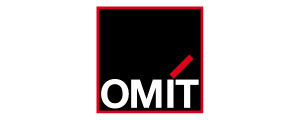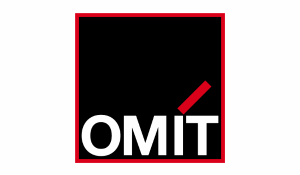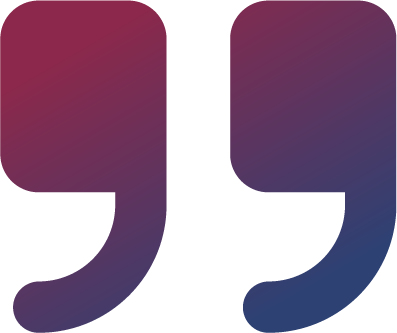
©omit
Digitally optimised: More efficiency through smart contract management and variant management
CHALLENGE #1
Optimise process: How can the high variety of variants be managed efficiently and reliably, despite short delivery times?
CHALLENGE #2
Increase efficiency: Which digital solutions systematise and modernise paper-loaded core processes?
CHALLENGE #3
Implement needs-based: How can the project be implemented – needs-based and with minimal burden on day-to-day business?
About the project
Project objectives
As a flexible supplier with a wide range of variant manufacturing, Acoustics, on a daily basis, faces the challenge of bringing product diversity, punctual delivery and top service quality to one thing.
To become even better here, the company is relying on modern digitalisation. Stated objective: Analyse, modernise and make more efficient core processes in order processing and manufacturing. This will harness potential for improvement and target digital technologies.
The result? Greater process security, transparency and flexibility – especially for individual customers. Despite increasing complexity, Acoustics therefore remains a reliable partner with high delivery timelines and service quality.
The goal of modernisation is a crucial step in the digital transformation of the company and contributes significantly to securing the long-term future.
Baseline
In the past, with Acoustics, manual processes were used to ensure loyalty and quality of service despite a high variety of variants. Paper-based tools and individual agreements shaped the day-to-day work. However, limited transparency on contract status often made firm delivery commitments uncertain. The service level was secured with heavy staffing and limited scalability.
However, increasing competitive pressure and customer demands called for a change of mindset. This is why the company is now focusing on digitalisation and modernisation of core processes. The aim is to reduce manual effort, avoid media breaks and create transparent processes.
The planned measures will allow for more precise planning of orders, more binding delivery dates and more efficient use of resources. Modern technologies reduce sources of error and improve cooperation with customers and suppliers. Digitalisation thus not only increases efficiency, but also strengthens competitiveness and customer loyalty.
Owith Acoustics thus pursues a long-term strategy: The transition from reactive problem management to proactive, digitally supported process management.

©omit
DESCRIPTION OF COMPANY

With the support of the Saarland EDIH, we have established a future-proof ERP system – professionally competent, reliable and partnership. A sustainable empowerment for our business
Tobias Albert
Management of Enterprise Development & IT

Approach
The digitalisation process started with a comprehensive mapping exercise: Processes, structures and systems analysed with Acoustics to identify and assess potential for improvement – from a technical, organisational and procedural point of view.
A potential and needs analysis was then carried out to map challenges and requirements. This analysis helped the company to match operational objectives with available technologies and to develop concrete solutions. The focus was on particularly critical requirements for digital order processing and manufacturing.
Based on these requirements, a detailed catalogue of requirements was drawn up, which served as a basis for assessment. This made it possible to objectively compare different software solutions. In parallel, master data have been structured, in particular article logs and bills of quantities, which are essential for the effective management of variants. This structured preparation allowed for a better mapping of the variety of variants and efficiently prepared the introduction of digital processes.
The result was an objective selection decision for a solution that meets the company’s needs and forms the basis for a sustainable process landscape. Transparency in the selection process strengthened the trust of stakeholders and facilitated internal communication.
Unlike in the case of a consistently planned project, omit Acoustics relied on needs-based monitoring. Initial interviews, workshops and neutral support allowed the project to be managed flexibly and at its own pace. This modular approach fostered ownership and internal governance and enabled resource-efficient implementation.
Overall, it is clear that a structured but flexible approach – from mapping, needs analysis to upcoming implementation – provides a solid basis for digitalisation. The combination of expertise, methodological competence and needs-based support allowed the company to set important directions for the digital future without unnecessarily burdening day-to-day operations.
Result of the project
With Acoustics, systematic and objective decisions were made through targeted support in the selection and implementation process. Comparing different solutions helped to define clear requirements and make informed decisions.
A major advantage was the better systematisation of the variant portfolio. By matching solutions with its own company processes, the company achieved a clearer structure and better overview of variant manufacturing. This made it possible to prepare the implementation in a targeted manner.
Early consideration of key operational requirements in planning reduced risks and ensured a more effective implementation of the new solution. The approach followed improved the quality of individual decisions and allowed for a smoother and more responsive implementation.
Possible hard and software products as a solution (min. 3 e.g. per solution due to vendor neutrality):
— Myfactory Cloud ERP
— Odoo ERP
— Timeline ERP
— Etc.



